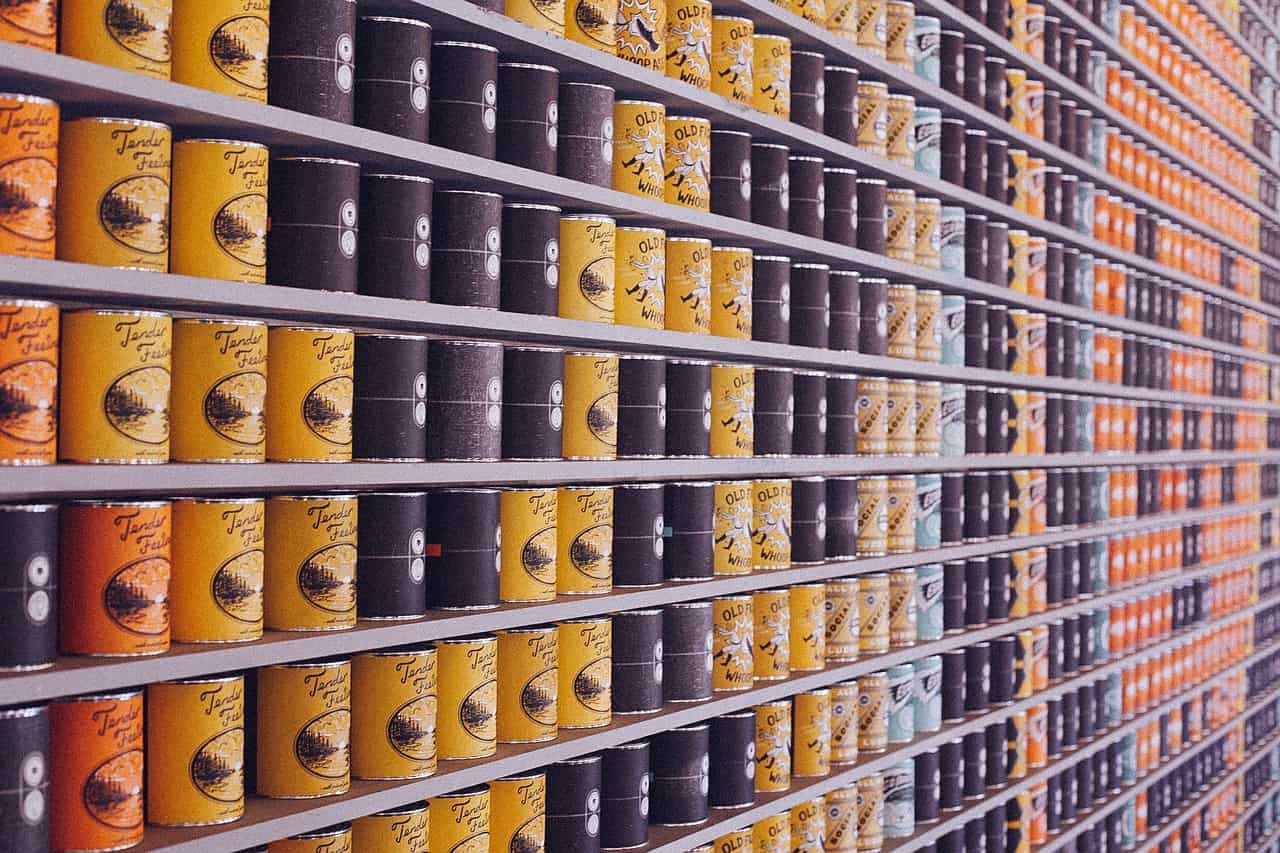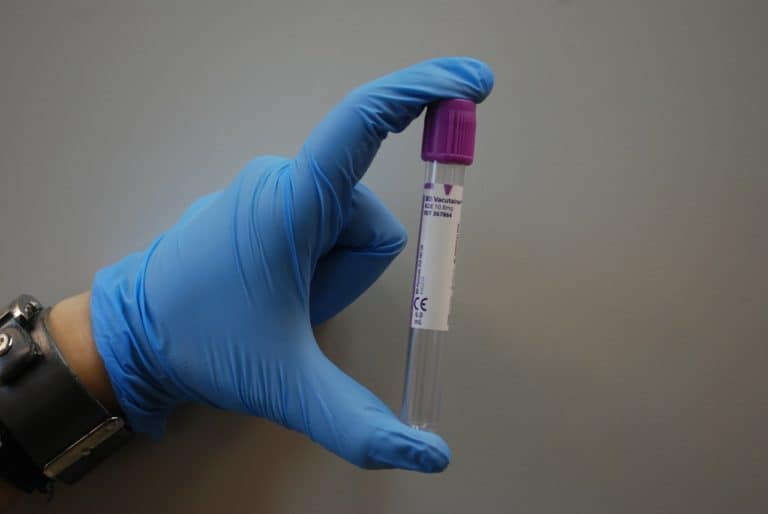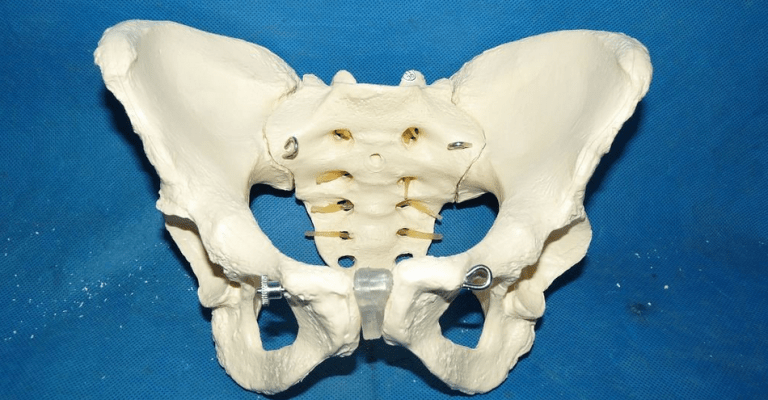A new report by the Environmental Working Group shows that BPA (Bisphenol-A) on a paper receipt is 250 to 1,000 times greater than the amount typically found in a can of food or a can of baby formula. BPA has been linked to various forms of cancer including prostate cancer.
Scientists have known for about 80 years that BPA acts like a synthetic estrogen, but that has not stopped the food industry from using this endocrine disruptor in the lining of food cans. An endocrine disruptor is a substance, like BPA, that can interfere with how hormones transport messages in the body. Because it takes very few hormone molecules to carry messages, endocrine disruptors can cause chaos at very low concentrations, even as low as a few parts per trillion of BPA.
A recent study called “No Silver Lining” has brought the health dangers of BPA in canned foods to the public’s attention. The study, which was conducted by the National Workgroup for Safe Markets, tested 50 brand-name canned foods, including fruits, vegetables, soups, fish, and soft drinks, from 19 cities in the United States and from Ontario, Canada. For each canned food, the researchers selected one from a store and one from a person’s pantry in the same city.
The investigators found BPA in the food in 92 percent of the cans tested. In some cans, the BPA was identified at levels higher than what the Food and Drug Administration (FDA) allows.
Prior to the “No Silver Lining” report, hundreds of other studies found that exposing animals to low doses of BPA is linked to cancer and a host of other serious illnesses. According to Bobbi Chase Wilding, a co-author of the report and the organizing director of Clean New York, “it takes as little as one serving of canned foods to expose a person to levels of BPA that have been shown to cause harm in laboratory animals.”
If you consider the cumulative effect of eating BPA-contaminated food several times a day, perhaps day after day, people may be exposing themselves and their family to dangerous levels of this hormone-disrupting chemical. BPA exposure is especially worrisome for pregnant women, babies, and young children. In fact, the Environmental Working Group conducted a study in which it found BPA in the cord blood of newborns.
“No Silver Lining” reports that the cost of the canned food did not have an impact on whether BPA was detected, nor where it was purchased or the relative nutritional value of the food. BPA levels also varied dramatically, even between cans of the same product. For example, one can of Del Monte French Style Green Beans had 36 micrograms of BPA per serving, and another can of the same product had 138 micrograms per serving, which is a level that has been associated with changes in prostate cells in animals. The National Toxicology Program has stated it has “some concern” that BPA modifies the prostate gland in children before and after birth.
As a consumer you have several choices: you can choose fresh or frozen foods, or select foods that come in glass containers or aseptic packaging (e.g., Tetra Pak). Several manufacturers of canned foods, including Muir Glenn Eden, have decided to stop using BPA. Others will likely follow suit, but for now the majority still use the toxin. Also, avoid storing or reheating food in plastic containers with the number ‘3’ or ‘7’ in the recycling triangle.
Avoiding BPA in your food is an important way to protect your prostate health and your overall health as well. Other products that may expose you and your family to BPA include water bottles (choose stainless instead), dental sealants, thermal receipt paper, printer toner, DVDs and now, paper receipts.
Here are some of the findings from “No Silver Linings.”
Foods with the Highest Levels of BPA
(ppb = parts per billion)
- DelMonte French Style Green Beans: 296.2 ppb (store) and 1,140 ppb (pantry);
- Great Value (Walmart’s in-store brand) Sweet Peas: 329.3 ppb (store)
- Healthy Choice Old Fashioned Chicken Noodle Soup: 323.6 ppb (pantry)
- Healthy Choice Old Fashioned Chicken with Rice Soup: 172.4 ppb (store)
- Campbell’s Cream of Mushroom Soup: 130.4 ppb (pantry)
- Campbell’s Chicken Noodle Soup: 120.7 ppb (pantry) and 127.6 ppb (store)
- Campbell’s Cream of Mushroom, 25% less sodium: 92.6 ppb (store)
- Goya Coconut Milk, 82.2 ppb (pantry) and 77.6 ppb (store)
- Goya Pink Beans: 80.3 ppb (store) and 76.5 ppb (pantry)
- Organic Light Coconut Milk: 74.6 ppb (store)
Foods with the Lowest Levels of BPA
(ND = none detected)
- Coca-Cola, diet, caffeine-free: ND (store) and 0.4 ppb (pantry)
- Coca-Cola, diet: ND (pantry) and 0.7 ppb (store)
- Coca-Cola Classic: 0.2 ppb (store) and 0.4 ppb (pantry)
- DelMonte Yellow Freestone Peaches in Light Syrup: 1.2 ppb (pantry)
- Muir Glen Organic Fire Roasted Crushed Tomatoes: 1.9 ppb (pantry)
References:
Environmental Working Group. Human Toxome Project. www.ewg.org/sites/
humantoxome/participants/participant-group.php?group=
In+Utero/newborn
Environmental Working Group. New study confirms BPA in receipts. July 29, 2010. http://www.ewg.org/research/new-study-confirms-bpa-receipts
National Workgroup for Safe Markets. No Silver Linings: An Investigation into Bisphenol A in Canned Foods, 2010.







